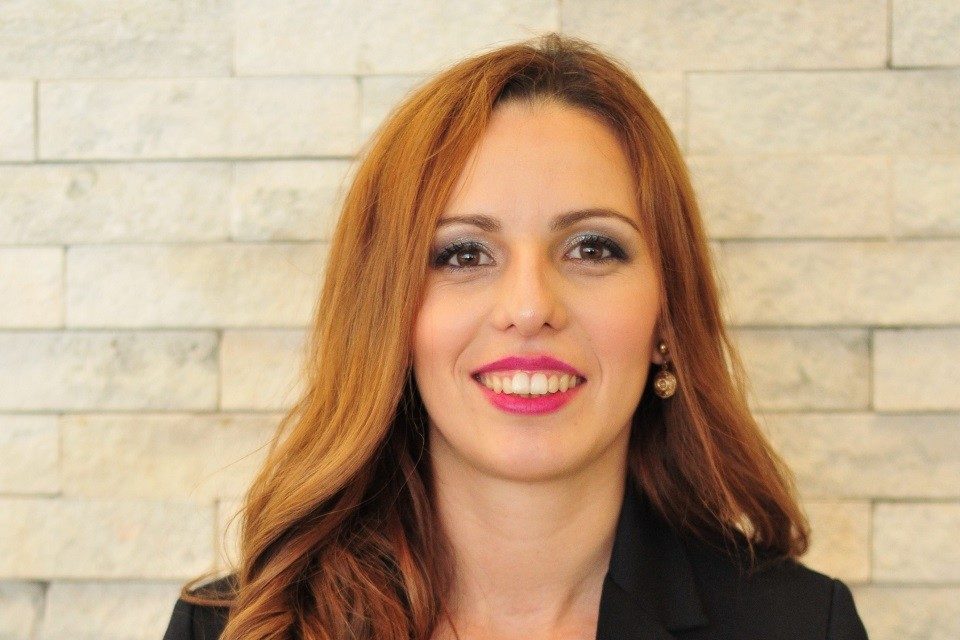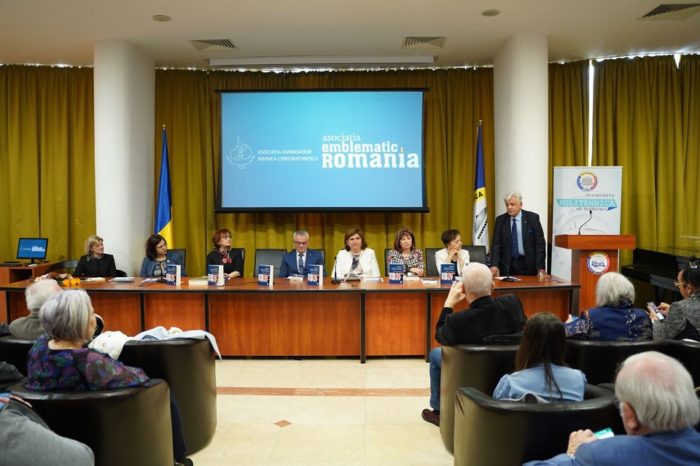Elena-Simina Lakatos: “The crisis of resources is getting closer to us and we need to take action as soon as possible“

“We are going through a period of fundamental change: we are amid a climate crisis, war, resource crisis and we are in an industrial revolution. The way we work and produce will have to change and will change fundamentally in the future. In terms of the circular economy, the role will be centered around this economic model.
Within the office of the European Commission and the European Economic and Social Committee, of which the Institute I represent is a part, several working groups based on the circular economy have been developed.
We also tried to transpose these working groups on the Romanian platform dedicated to the circular economy, a platform that brings together academia, business, civil society and specialists in the field and aims to facilitate Romania’s transition to a circular economy,“ Elena-Simina Lakatos, President, Institute for Research in Circular Economy and Environment “Ernest Lupan” said during Circular Economy Conference organized by The Diplomat-Bucharest
“In 2018, we initiated a project through the Human Capital Operational Program – POCU to see what the impact of the circular economy component on a group of start-ups would be. After a period of studying these companies, we can say how difficult and extensive this impact is.
From the point of view of the start-ups included in the study, the taxonomy is stringent. In order to discuss sustainable business and circular economic operations, we must first create the framework and environment in which they operate in the desired way.
In short, we need to have a market that is supported, that identifies and develops qualified human resources in the circular economy component and legislation that supports companies through financial mechanisms in the circular area. But as long as the raw material is cheaper than the secondary resource, as mentioned earlier, investing significant resources in the circular economy remains unattractive to businesses and their bankability.
We have developed a technical committee on the circular economy within ASRO to support the development of the circular economy sector, because it is quite difficult to make a circular economy without the necessary levers.
The crisis of resources is getting closer to us and consumerism can create great problems for us if we do not take action as soon as possible.“
Full recording of the conference: https://www.youtube.com/watch?v=oonbexyNmcw&t=9905s














